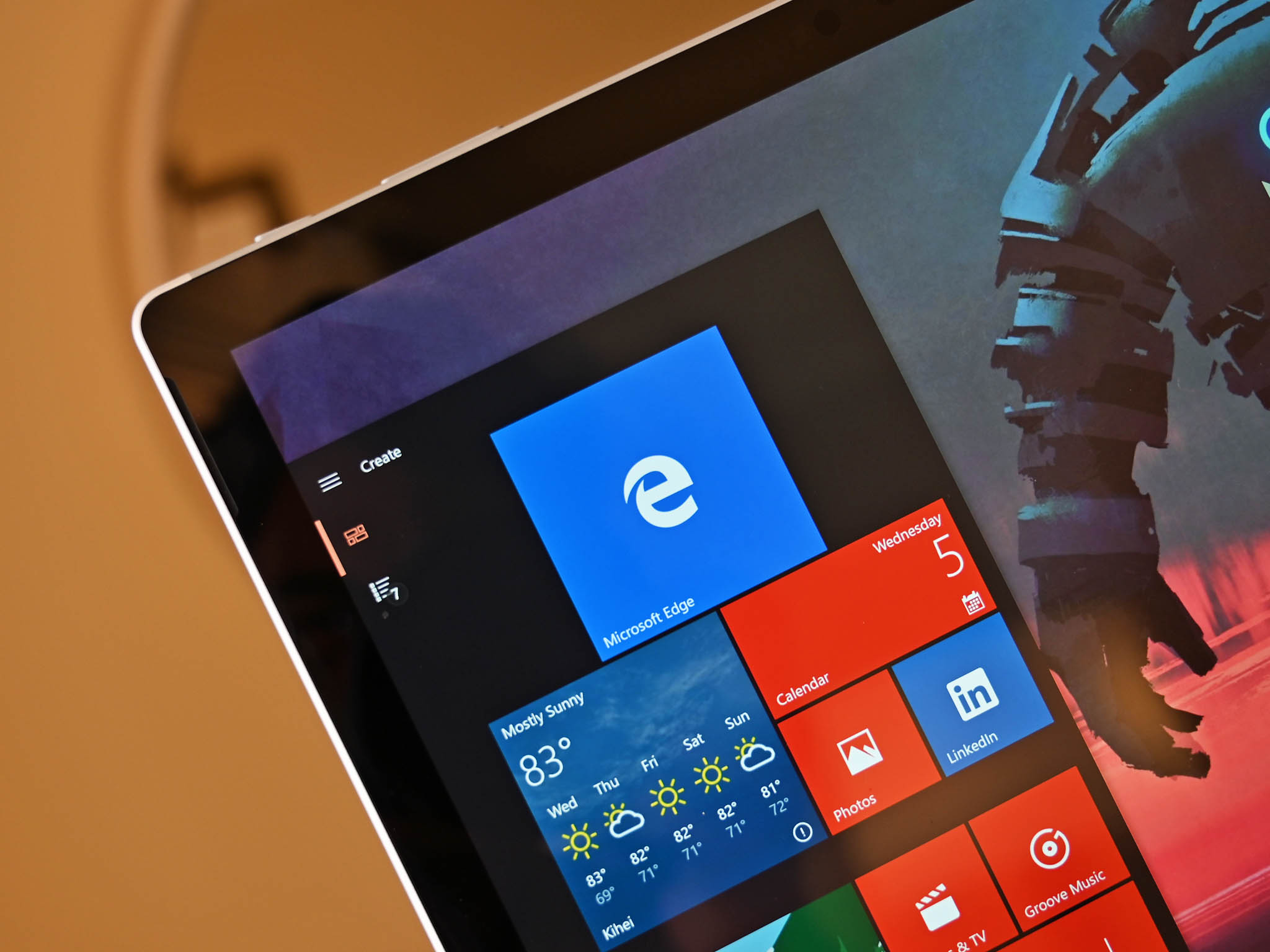Mozilla warns of ceding too much control to Google with Edge's move to Chromium
The team behind Firefox has taken a dim view of Microsoft's abandonment of its EdgeHTML engine in favor of Chromium.

No matter your position on Microsoft's announcement this week that it is moving its Edge browser to the Chromium engine in 2019, one thing's for sure: it has stirred up quite a bit of controversy. But outside of feedback on both sides of the issue from fans and developers, industry giants are speaking out as well.
Following Microsoft's announcement yesterday, Mozilla penned a farewell post to EdgeHTML, largely lamenting the state of the browser market, Chromium's continued dominance, and what it could mean for the web as a whole.
"Microsoft is officially giving up on an independent shared platform for the internet," Chris Beard, CEO of Mozilla, writes. "By adopting Chromium, Microsoft hands over control of even more of online life to Google."
As Beard notes, the engines that power browsers are largely invisible to their users, but they hold great sway over what's possible online and what web developers prioritize. From Beard:
They determine core capabilities such as which content we as consumers can see, how secure we are when we watch content, and how much control we have over what websites and services can do to us. Microsoft's decision gives Google more ability to single-handedly decide what possibilities are available to each one of us.From a social, civic and individual empowerment perspective ceding control of fundamental online infrastructure to a single company is terrible.
Ultimately, with only Firefox Gecko Quantum and Chromium as the two remaining browser engines from major industry players, Mozilla worries about the impact on competition and choice, harkening back to Microsoft's long-gone monopoly with Internet Explorer.
If one product like Chromium has enough market share, then it becomes easier for web developers and businesses to decide not to worry if their services and sites work with anything other than Chromium. That's what happened when Microsoft had a monopoly on browsers in the early 2000s before Firefox was released. And it could happen again.
Microsoft Edge, Chromium, and Blink FAQ: Everything you need to know
All the latest news, reviews, and guides for Windows and Xbox diehards.

Dan Thorp-Lancaster is the former Editor-in-Chief of Windows Central. He began working with Windows Central, Android Central, and iMore as a news writer in 2014 and is obsessed with tech of all sorts. You can follow Dan on Twitter @DthorpL and Instagram @heyitsdtl.
